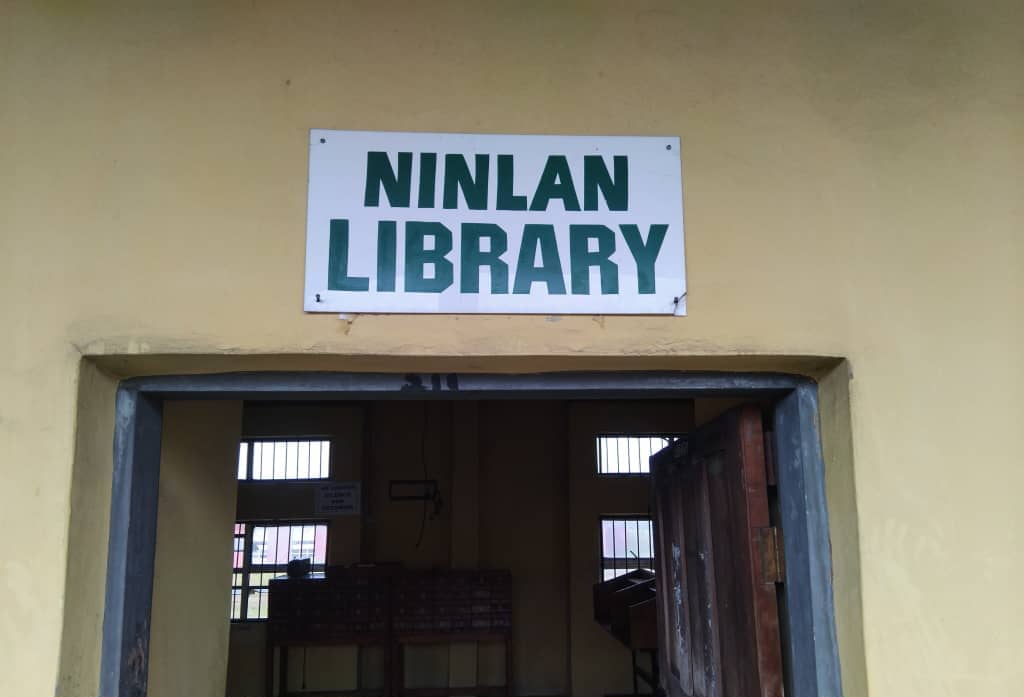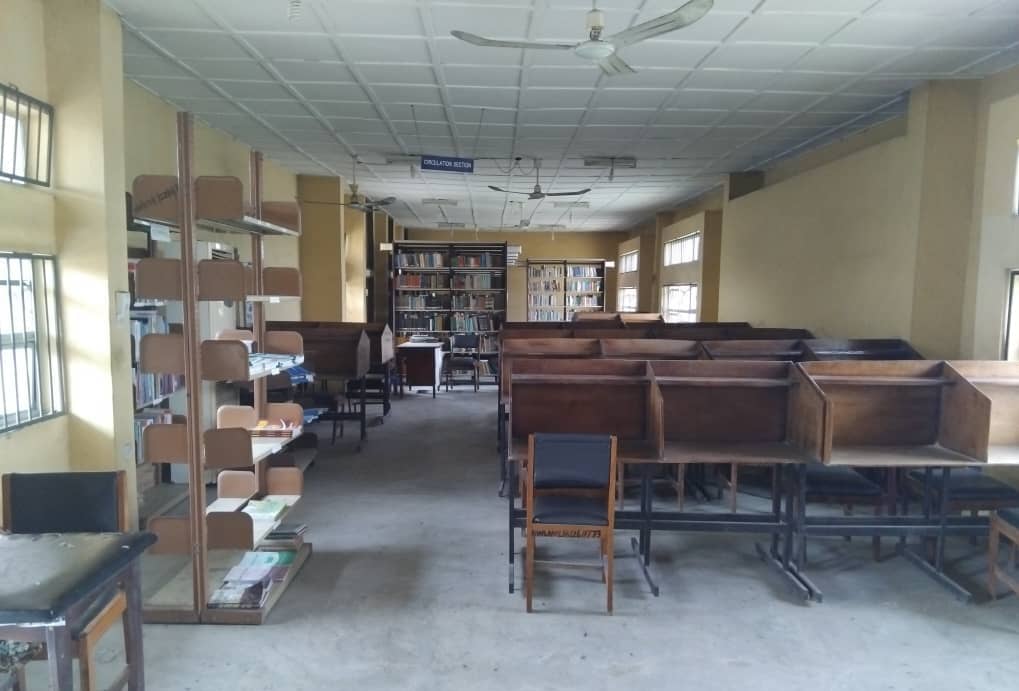

LIBRARY
Welcome message from the Institute Librarian
On behalf of the National Institute for Nigerian Languages (NINLAN) Library System, I extend a warm welcome to NINLAN students and staff. The NINLAN Library will provide you with its resources, programmes and services to support your learning, teaching and research. The Library has staff who are committed to creating an enabling environment to support cutting- edge research and high-quality academic work.
I invite you to familiarize yourselves with the library resources and services. Best wishes for a successful and fulfilling library and academic experience at the National Institute for Nigerian Languages.
Sincerely yours
Prof. C.I Ugwu

